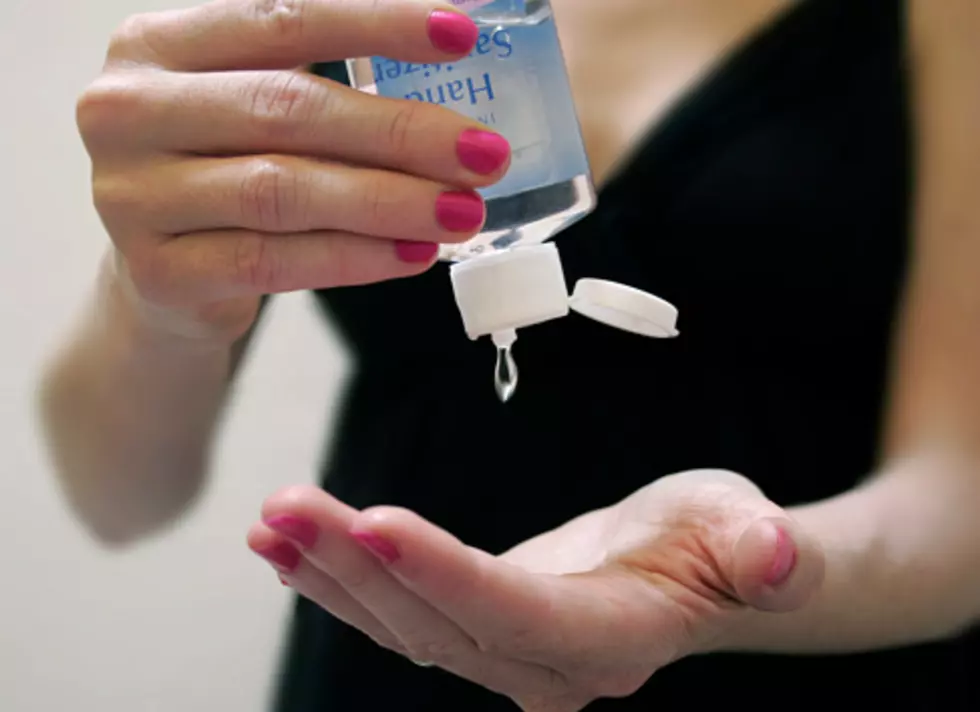
Study: Hand Sanitizer Is Better Than Hand Washing
According to CNN.com, young children inevitably have a lot of runny noses and sore throats, but how they clean their hands could cut back on how often they miss day care, according to a study published Monday in the journal Pediatrics.
Researchers in Spain found that children who cleaned their hands with sanitizer instead of soap and water reduced their missed days of school, respiratory infections and antibiotic prescriptions.
Researchers studied 911 children up to age 3 who attended 24 day care centers in Almería, Spain. They split the children, their families and their day care centers into three groups: One group used hand sanitizer to clean hands, and one used soap and water, both with strict protocols about hygiene. A third, the control group, followed its usual hand-washing routines.
During the eight-month study period, he hand sanitizer group missed 3.25 percent of days of day care, followed by the soap and water group, which missed 3.9 percent of days. The group following its usual hand-washing routine missed 4.2 percent of days.
For hand sanitizer, the CDC suggests applying product to one hand and rubbing it all over surfaces of hands and fingers until they're dry. The CDC notes that "hand sanitizers are not as effective when hands are visibly dirty or greasy,"
"There is a place for alcohol hand sanitizers, and the public may not be aware of how effective they can be," Haas said. "I think people still think of them as 'if you can't get to a sink, this is second best,' but in this study, it showed that it was better than the soap and water hand-washing for this group."
However, regardless of all the benefits of hand sanitizer, both Haas and Goldmann noted that safety needs to be considered when using it around children this young.
"They have to be used with supervision," Haas said, "because the caveat here is that you can't have little kids putting that in their mouth and possibly getting alcohol intoxication."
More From B98.5









